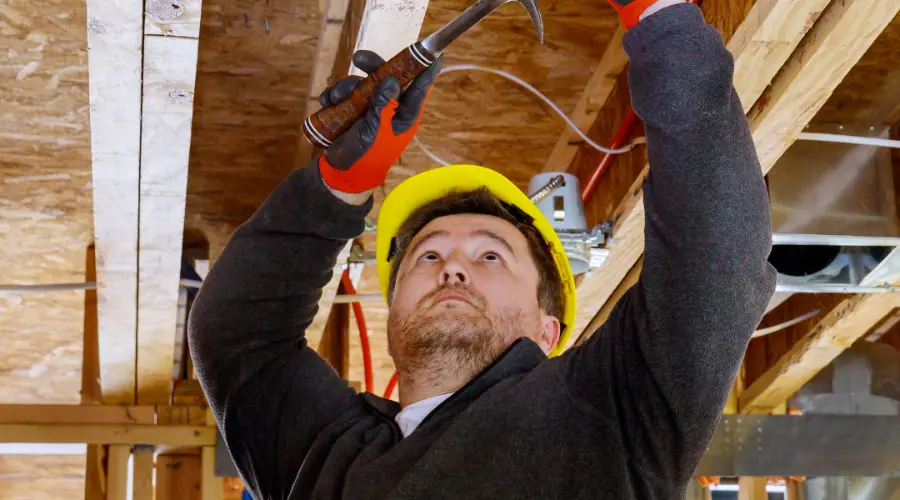This article was written by the Electrical Safety Authority (ESA) in partnership with TRREB. The ESA regulates and promotes electrical safety in Ontario. For more information visit esasafe.com.
Some surprises can make your day – a client’s referral or an unexpected closing gift – but electrical surprises can be quite a shock! For real estate agents, helping buyers and sellers uncover hidden electrical issues isn’t just a value-add, it’s a matter of safety, consumer protection, and consumer confidence.
When it comes to buying or selling a home, here are four things real estate agents should know about electrical safety to help homebuyers and sellers make decisions with confidence.
- For buyers, cross-reference recent renovations to electrical work
Ask the listing agent about recent electrical work, such as newly installed pot lights, EV charger installation, relocated light switches or outlets, new circuits added for appliances or heated floors. Cross-reference these improvements with ESA’s records to verify whether an ESA permit was obtained for the work.
Buyers can also consider adding a clause to the Agreement of Purchase and Sale stating that the seller warrants all required ESA permits were obtained and closed.
Sellers can provide added value and help build a buyer’s confidence by including a clause in the Agreement of Purchase and Sale warranting that any required permits for electrical work completed were obtained and all electrical work was inspected and passed. - For sellers, ask for an ESA Certificate of Acceptance
For any electrical work completed, homeowners should obtain a Certificate of Acceptance from a Licensed Electrical Contractor (LEC) once the work is complete. Issued by ESA, this is an essential document for safety, insurance, resale, and peace of mind. - Understanding ESA Record Searches and Requests for Information
Anyone can perform a Record Search with ESA to check for open or outstanding electrical permits on a property. This quick search identifies whether any unfinished electrical work or ongoing hazard investigations exist.
For more detailed information, you can submit a Request for Access to Information, which provides a deeper look into a property’s electrical history with ESA, including access to closed permits and confirmation that a Certificate of Acceptance was issued for completed work. Processing times for these inquiries vary and follow ESA’s privacy policy.
A recent ESA survey revealed that 40 per cent of Ontario homeowners have never checked whether the required permits were obtained for electrical work related to any upgrades in their home.
Did you know? New homeowners are responsible for ensuring that any existing electrical defects are properly addressed once they take possession of a property. They are accountable for taking appropriate action, including hiring an LEC, to resolve outstanding electrical safety concerns.
Advise purchasing clients to ask sellers about electrical work and to complete either a Record Search or a Request for Access to Information with ESA. Gathering all material facts about their home purchase will better protect them and their investment. - Clients should only hire Licensed Electrical Contractors
If your client is considering upgrades that include electrical work before putting their house on the market or after moving in, make sure they know that in Ontario, only Licensed Electrical Contractors (LECs) can legally be hired to do electrical work in their home — even for staging purposes.
LECs are trained, insured, and are required to file an ESA permit for the work. An ESA permit is separate from a building permit and is required for most electrical work. It ensures that the work is done properly, safely, and in compliance with the law. You and your clients can find or verify an LEC at HireLicensed.ca.
Did you know? Unlicensed electrical work is four times more likely to have safety issues than work done by an LEC. It’s not worth the risk.
To learn more about how you can protect your clients from unwanted electrical surprises, visit esasafe.com/realestate.
